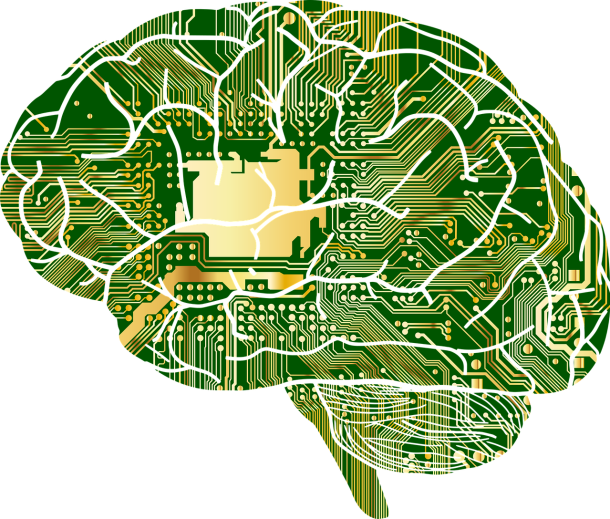Artificial intelligence will change the way we communicate and, therefore, our language. Learn about the new terms that will be included in your language thanks to AI.
Since the 50s has been studied the language processingbut it wasn’t until recently that machine learning and deep learning have provided a much broader understanding of language for machines.
There is no doubt that language is an innate and exclusive ability of humans, but the artificial intelligence it is managing to create devices with great linguistic capabilities, which they will reach levels of autonomy that we cannot yet imagine.
What is “Natural Language Processing”?
The PLN, or Natural Language Processing, focuses on the way an artificial intelligence has to be able to understand and imitate the natural language of human beings.
AI can understand human language thanks to the sentiment analysis and answers to questions, which together makes machines really able to understand the way we communicate.
AI enables customer service automation, but it has also achieved multilingual email systems and, even more useful, the devices of instant translation, which allow you to communicate with people who speak any other language and have a conversation when you are traveling.
New technologies have influenced our day to day so much that they have changed our language. The invention of the automobile generated hundreds, or even thousands, of new terms, that could identify all the components, as well as the types of vehicles. And looking for a closer example, the computers and Internet have created words like hashtag or spam.

As the world changes thanks to technology, language must adapt to that change. Artificial intelligence, although it still seems somewhat futuristic, has already begun to update our language and will continue to do so. Byron Reese, CEO of Gigaom, has published on the London School of Economics blog a list of terms to be included in our language soon to identify new situations given by the existence of IAs.
-
Aiporia: uncertainty of whether you are dealing with a human or a IA. This situation is already experienced when a website offers a chat service, users doubt if they are contacting a real person or a chatbox.
-
Ainigma: it is a decision made by a IA that the human being does not understand. Google’s ranking is governed by numerous algorithms that order websites by relevance, perhaps for a human being, sometimes, the ranking does not make sense, and values as more important a website of another firm.
-
Aithics: it’s the ethics of artificial intelligence. AI continues to evolve and it is important that they are established moral implications when creating machines.
-
Bais: AI biases caused by the data used to train it. All AI are trained with databases, unfortunately, this information has to be selected and will condition AI training.
-
Brotherhood: the use of AI to monitor and predict human behavior.
-
Eception: an AI that has been deliberately programmed to simulate human behavior and deceive the user. They are widely used by commercials in propaganda calls.
-
Elise: it’s the act of treating a machine as if it had feelings. By mimicking human behaviors, machines can generate feelings in users.
-
Fauxnesis: machine intelligence as opposed to human biological intelligence.
-
Zomek: machine life as opposed to biological life.







